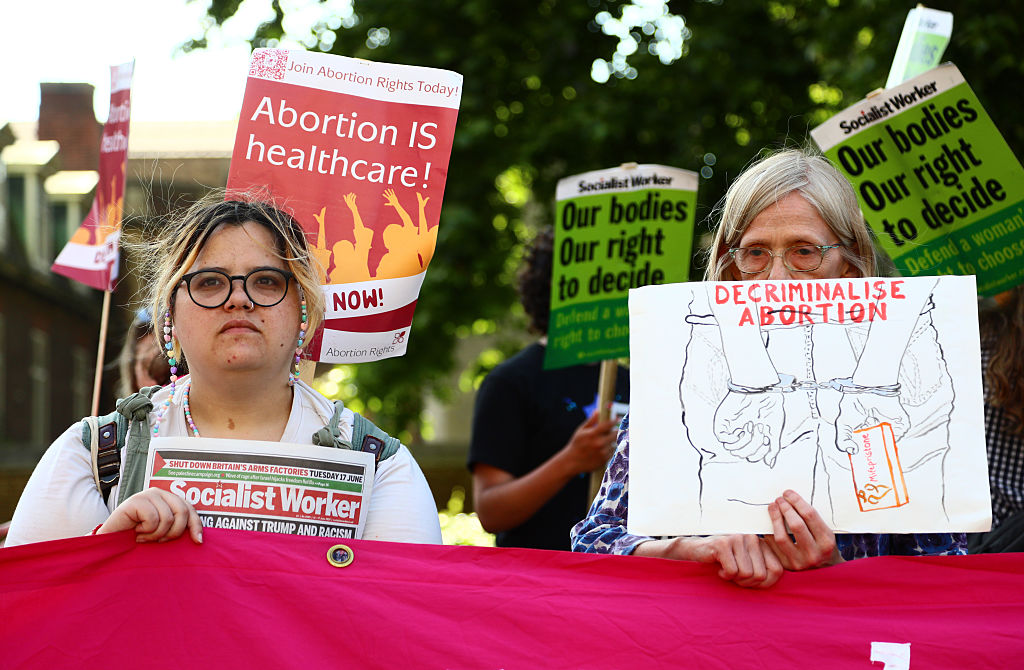Eli Lilly pushes back against Indiana's new abortion law
Two of Indiana's largest employers — pharmaceutical company Eli Lilly and engine maker Cummins — are voicing opposition to a new local law banning abortion in nearly all cases, saying it will hinder hiring in the state, where both are based.
Indiana on Friday became the first U.S. state to approve anti-abortion legislation since the U.S. Supreme Court struck down Roe v. Wade. Roughly 12 other states had so-called "trigger laws" that had been previously approved by legislatures to take effect once Roe was struck down.
Noting that Indiana had opted to "quickly adopt one of the most restrictive anti-abortion laws" in the country, Lilly is now concerned about its ability "to attract diverse scientific, engineering and business talent from around the world," the pharmaceutical giant said in a statement. "While we have expanded our employee health plan coverage to include travel for reproductive services unavailable locally, that may not be enough for some current and potential employees."
Based in Indiana since 1876, Lilly said it works "hard to retain and attract thousands of people who are important drivers of our state's economy. Given this new law, we will be forced to plan for more employment growth outside our home state," added Lilly, which employs 10,400 people at its headquarters in Indianapolis.
Similar words came from Columbus, Indiana-based Cummins, which also employs about 10,000 people in the state.
"We are deeply concerned about how this law impacts our people and impedes our ability to attract and retain a diverse workforce in Indiana," the manufacturer stated on its website. "As we continue to grow our footprint with a focus on selecting communities that align with our values and business goals, this law will be considered in our decision-making process."
The Indianapolis-based National Collegiate Athletic Association and Roche, a diagnostics company with its North American headquarters in the state, both declined comment.
Indiana's abortion ban takes effect on September 15 with a few exceptions, including cases of rape or incest and cases where a woman's life is in danger.



